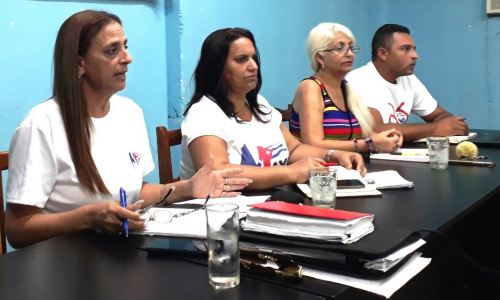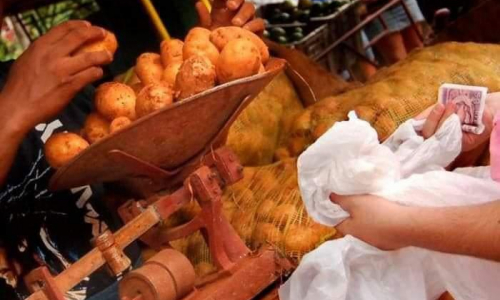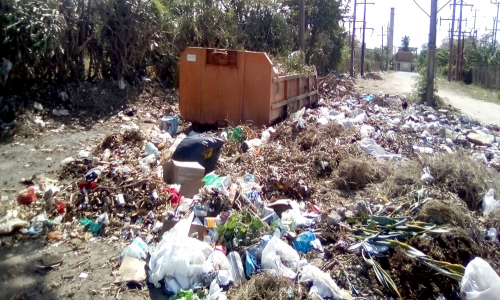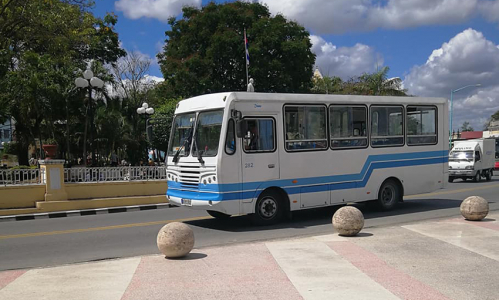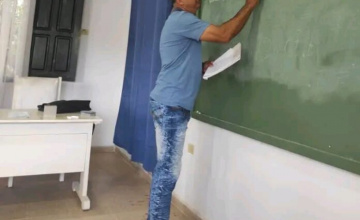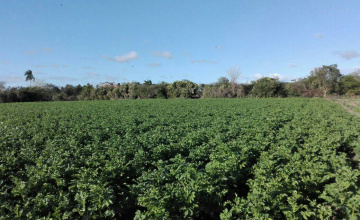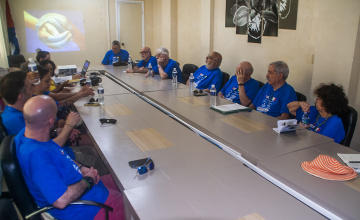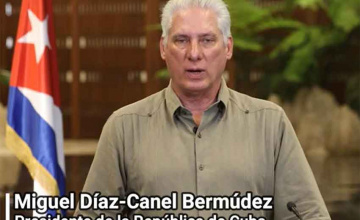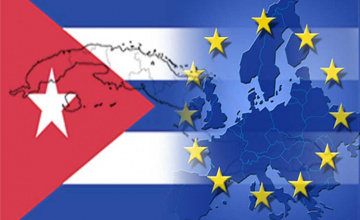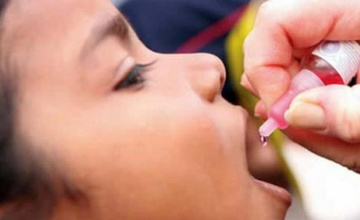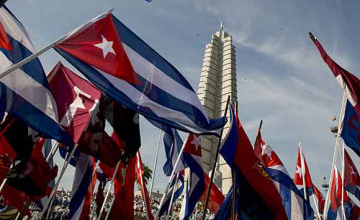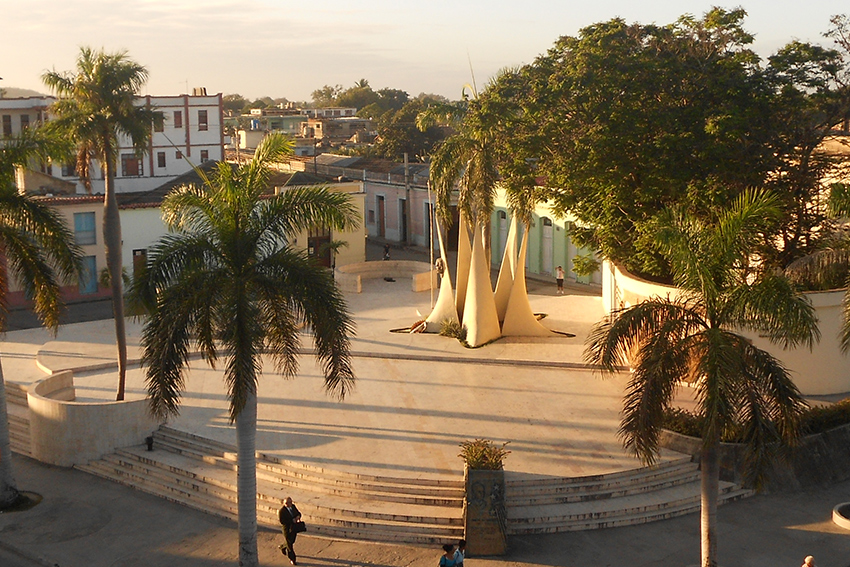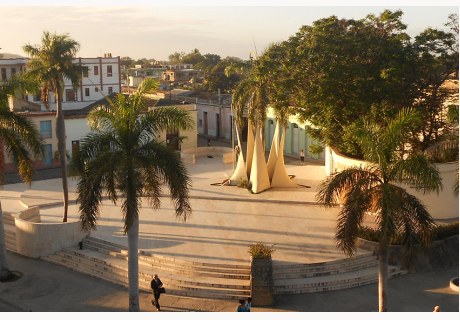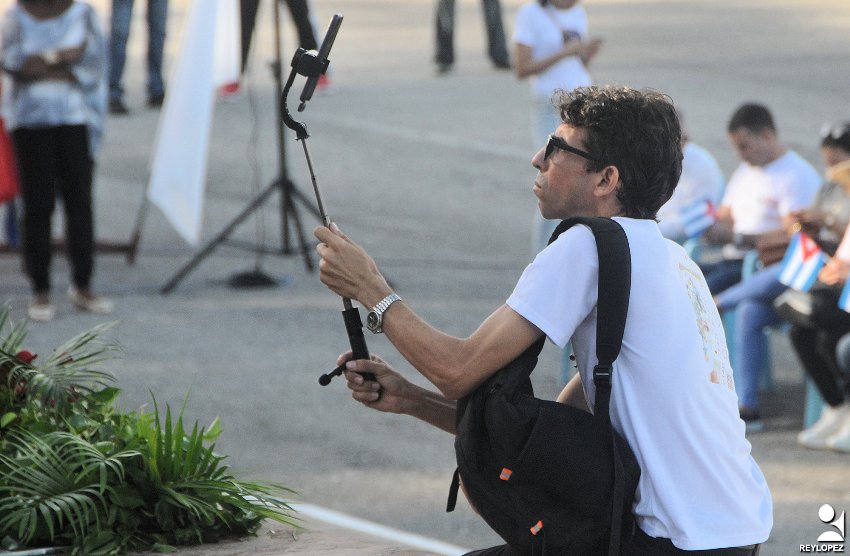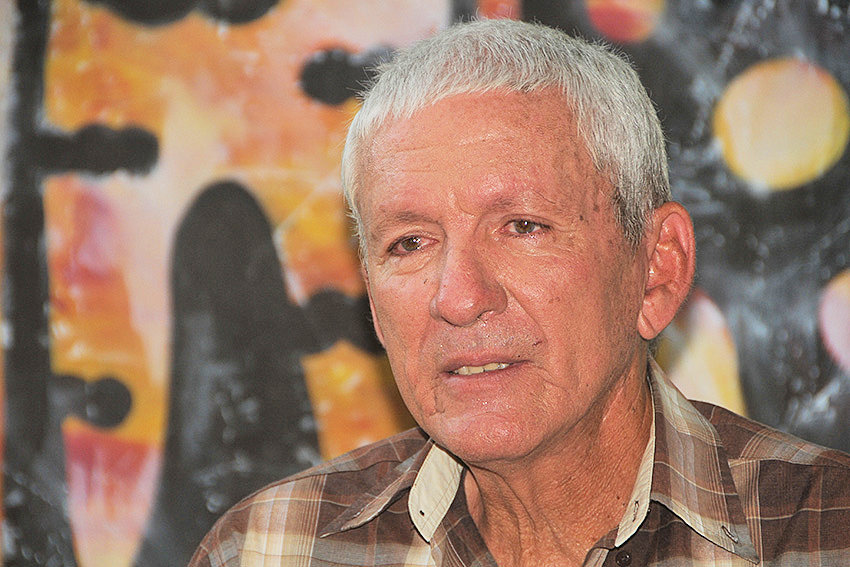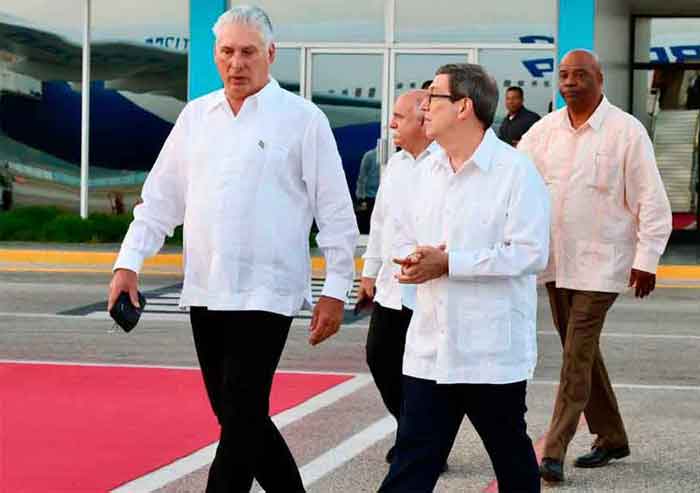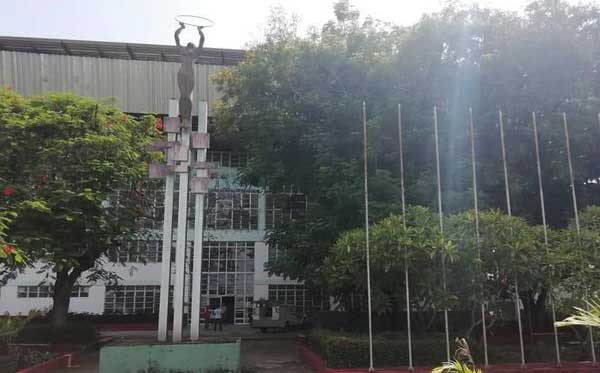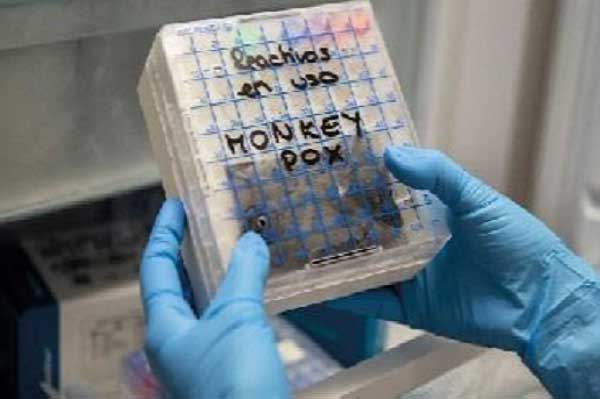 Faced with the epidemiological threat posed by Monkeypox - already declared by the WHO as a global health emergency - the national health system has established a group of actions aimed at preventing and confronting the risk of the spread of this zoonosis, which has not yet been reported any contagion in Cuba, Granma newspaper reported today.
Faced with the epidemiological threat posed by Monkeypox - already declared by the WHO as a global health emergency - the national health system has established a group of actions aimed at preventing and confronting the risk of the spread of this zoonosis, which has not yet been reported any contagion in Cuba, Granma newspaper reported today.
Havana, Cuba.- In this regard, Dr. Carilda Peña, Cuba's Deputy Minister of Public Health, in her speech at the meeting of the Standing Committee on Health and Sports of the National Assembly, which recently held its Ninth Ordinary Session, while updating on the epidemiological situation, reviewed the main actions implemented by Cuba in response to the disease.
In the first place, epidemiological surveillance was reinforced at the points of entry into the country, and health personnel was trained for the timely detection of suspected cases.
Likewise, a flow chart was defined for the care of patients with suspected cases of the disease, outbreak control measures were established, and the health care units for the care of cases with the disease were defined.
Likewise, biosafety standards were established for patients, family members, and service providers, taking into account the level of contagiousness and how this pathology is spread.
FIVE WHO AND UN RECOMMENDATIONS
On July 23, in a statement published on its official website, the World Health Organization (WHO) conceptualized the smallpox outbreak as a "global health emergency" due to the increase in cases worldwide, when more than 16,000 cases had been reported in 75 countries.
The disease is caused by a virus and can be transmitted from animals to humans and from person to person.
It is commonly found in the tropical rainforests of Central and West Africa, where animals carrying the virus live and is endemic.
Several countries where this type of smallpox is not endemic reported cases in May 2022, but only a few travelers reported visiting nations where the disease is prevalent. There is currently no clear link between the reported cases and travel from endemic countries and no link to infected animals, WHO reported.
1. DETECT SYMPTOMS
According to the UN and WHO, symptoms usually include fever, severe headache, muscle aches, back pain, low energy, swollen lymph nodes, and rash or skin lesions.
The rash usually begins within the first day or three of the onset of fever. The lesions may be flat or slightly raised, filled with clear or yellowish fluid, and then crust, dry, and fall off. The number of lesions on an individual varies from a few to several thousand.
The rash tends to occur on the face, palms of the hands, and soles of the feet. They can also be found in the mouth, genitals, and eyes.
Symptoms usually last two to four weeks and disappear on their own without treatment.
Newborns, children, and people with immunodeficiencies may be at risk for more severe symptoms and death from the disease. Between 3% and 6% of identified cases where monkeypox is endemic have resulted in death.
2. KNOW HOW IT IS TRANSMITTED
This condition can be spread to people when they come into physical contact with an infected animal, which is why you should always use protection if you are going to interact with them.
People with the disease are contagious as long as they have symptoms. Rashes, body fluids (such as fluids, pus, or blood from skin lesions), and scabs are particularly infectious.
In addition, the virus can be transmitted through objects used by the sick; from a pregnant woman to the fetus through the placenta, or by contact of an infected parent with the child during or after delivery, through skin-to-skin contact.
It is unclear whether asymptomatic persons can transmit the disease.
3. APPLY PROTECTIVE MEASURES
You can reduce the risk of infection by limiting contact with suspected or confirmed cases.
If you need to have physical contact with someone with the condition, encourage the infected person to isolate themselves and cover any skin lesions if possible (e.g., by wearing clothing over the rash).
According to WHO, it is also advisable to reduce the number of sexual partners, and the use of personal protective measures and practices, particularly during small or large concentrations.
4. TAKING CARE OF LESIONS
Symptoms often disappear on their own without treatment, says the UN, however, it is important to care for the rash by allowing it to dry if possible or, if necessary, cover it with a wet bandage to protect the area.
It is imperative to avoid touching any sores in the mouth or eyes. Mouthwashes and eye drops may be used as long as products containing cortisone are avoided.
5. STRENGTHEN NATIONAL HEALTH MEASURES
International health authorities have recommended that WHO member states intensify surveillance for clinical signs consistent with monkeypox as part of existing national surveillance programs, as well as access to reliable, affordable, and accurate diagnostic tests.
They have been asked to strengthen laboratory and genomic sequencing capacity, isolate cases for the duration of the infectious period, conduct contact tracing, and consider the selective use of second or third-generation smallpox or monkeypox vaccines, as well as vaccines for prophylaxis. (RHC)



